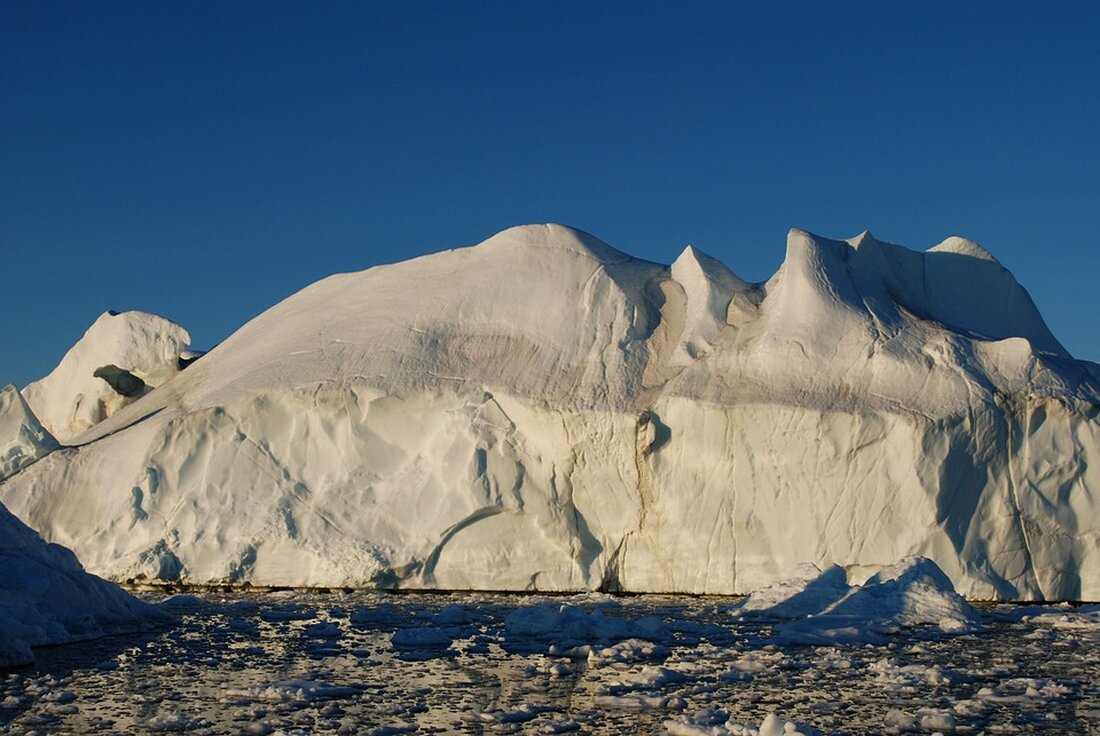Climate crisis threatens the Mediterranean holiday paradise: flood of jellyfish and species extinction!
Holidays in the Mediterranean 2025: Climate change threatens ecosystems, tourism and local habitats. A call to action!

Climate crisis threatens the Mediterranean holiday paradise: flood of jellyfish and species extinction!
The Mediterranean, a prized summer holiday destination, is under increasing pressure from the climate crisis. Scientists warn of alarming consequences emerging in the region. The water temperatures no longer rise or fall below ten degrees Celsius in winter. This has serious implications for the ecosystem, particularly for species that rely on colder temperatures to reproduce, as reported by derwesten.de can be seen.
Visitors, including snorkelers and divers, report noticeable changes. Seagrass meadows and horn coral forests are increasingly being replaced by slimy carpets of algae. However, these changes are not the only challenges facing the Mediterranean. Extreme heat periods and frequent flooding caused by intense rainfall place additional strain on the region. Higher water temperatures also lead to increasing salinity and a decrease in oxygen levels in the water, which can cause oxygen starvation in shallow areas of the ocean and mass deaths of fish and other marine life.
Ecological changes and their consequences
These dramatic changes in the ecosystem also lead to the creation of so-called “dead zones”. These areas where dying algae consume oxygen are becoming increasingly common. As invasive species such as tropical lionfish and the killer algae Caulerpa taxifolia displace native habitats, the jellyfish population is also increasing. A development that has been observed since around 2003, when an imbalance led to an explosive proliferation of jellyfish. These jellyfish blooms, once only a sporadic occurrence, have now become an annual event, which has a significant impact on regional ecosystems, such as WWF highlights.
The increase in jellyfish has a direct impact on fisheries. Jellyfish clog fishing nets and damage fishing gear, causing crews to spend more time removing the jellyfish instead of increasing the catch. The tourism industry also suffers from this development, because beaches affected by jellyfish overpopulation become less attractive. This not only leads to a decline in visitor numbers, but also damages the economy in the affected communities.
Urgent need for action
Climate change advocates are calling for urgent action to preserve coastal landscapes and biodiversity in the Mediterranean. Proposals to combat climate change include not only reducing overfishing and wastewater pollution, but also reforesting seagrass meadows. Quick action is needed as Italy is already suffering from severe droughts, particularly in central and southern regions and Sicily. Frequent bush and forest fires in Greece, Spain, Italy and southern France are also a direct result of the climate crisis.
Holidaymakers are urged to take local warnings and weather advisories seriously and to be aware of ecological changes affecting the Mediterranean. The threatening developments in the ecosystem underline the need to take changing circumstances into account and contribute to the preservation of this popular holiday destination.

 Suche
Suche
 Mein Konto
Mein Konto